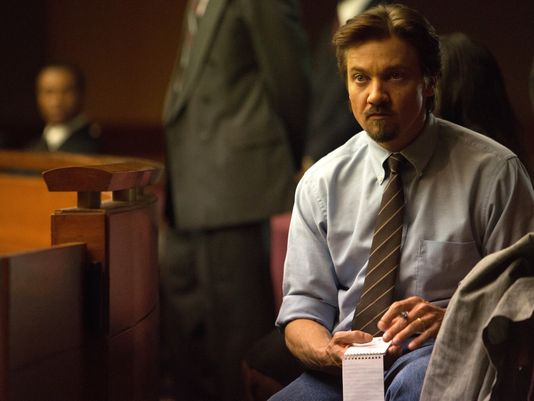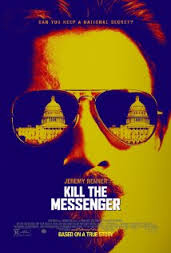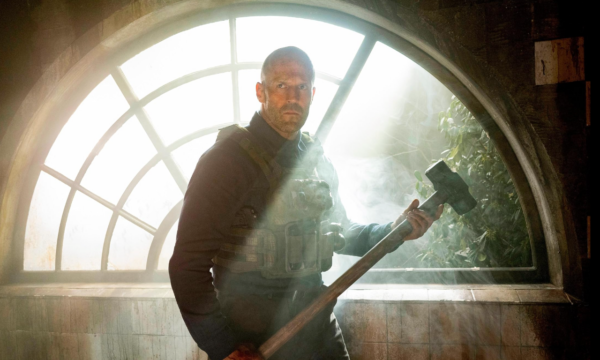Kill the Messenger

The rogue, crusading journalist has been a likeable protagonist in the thriller movie genre – some films depicting real events, some not. Many of Hollywood’s biggest stars have thrust themselves into these roles,  which examine self-morality and ultimately larger themes of public awareness and justice.
which examine self-morality and ultimately larger themes of public awareness and justice.
Kill the Messenger is a film based on true happenings, following a Californian journalist named Gary Webb (played by Jeremy Renner) in the August of 1996. Webb published a three-part series in the San Jose Mercury News under the title Dark Alliance: The Story Behind the Crack Explosion. In it, Webb uncovers an evil agreement between the CIA and radical guerrilla units in Nicaragua – where it is alleged crack cocaine was sold to finance their turbulent civil war.
When the initial Dark Alliance story hit newsstands, success followed for Webb; immediately earning admiration, he became professionally sought after. When watching the film the audience is left feeling buoyed by Webb’s courageous search for the truth. But following this initial acclaim from the article comes a swift and unrelenting backlash. The CIA refutes every claim that was made, but don’t have to destroy Webb when a string of Webb’s closest colleagues are there to ruin him, questioning his ethics, and eventually his overall moral outlook.
It is Peter Landesman’s (Parkland) cleverly written adapted screenplay that brings the tragedy of Webb’s undoing to life. The audience is left sympathising with an honest man whose life and family are being destroyed in front of his own eyes. At the film’s beginning, we’re presented with a cool-headed and self-assured character. Renner’s portrayal of Webb gives initial signs that he is a man determined for justice, a man that will leave nothing standing in his way for the empowering truth. It’s not until the film progresses and Webb’s life is tortured that the cracks begin to appear, and the film is able to draw its own truths and ask its own questions.
Renner’s performance is undoubtedly the standout of the film. Following a series of amicable but not career-defining roles (The Town, The Hurt Locker), he presents an authentic performance that takes the audience on a definite journey, provoking a series of issues concerning self and journalistic morality. Renner’s work is greatly aided by the cinematography of Sean Bobbitt (12 Years a Slave) who prowls after Renner as he navigates streets and corridors, or lurks close by, as if spying on him, further uncovering the character’s identity.
Kill the Messenger is clear about the line between fact and conjecture – but the facts alone make this an issue film that strikes its own domestic issues. Definitely worth seeing.
Tim Mead
Kill the Messenger is released nationwide on 6th March 2015.
Watch the trailer for Kill the Messenger here:




















Facebook
Twitter
Instagram
YouTube
RSS